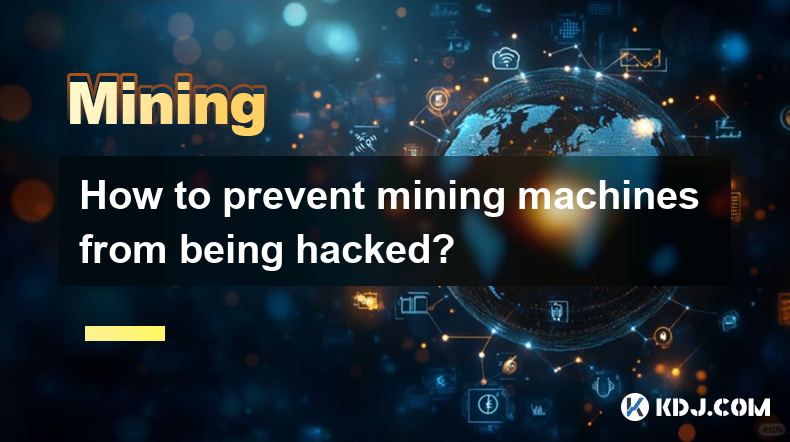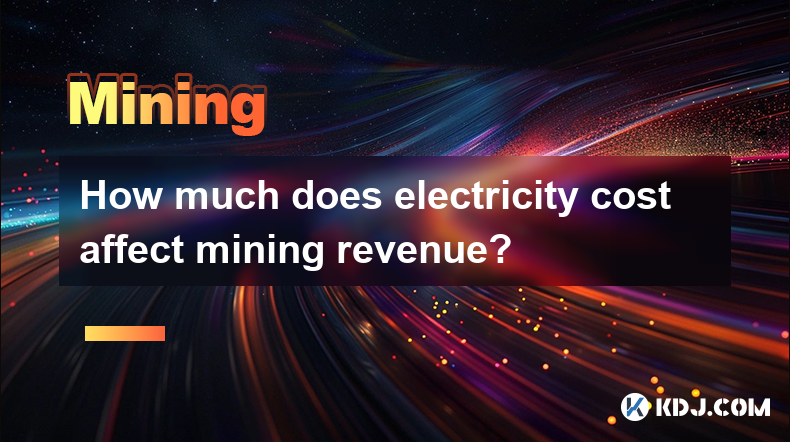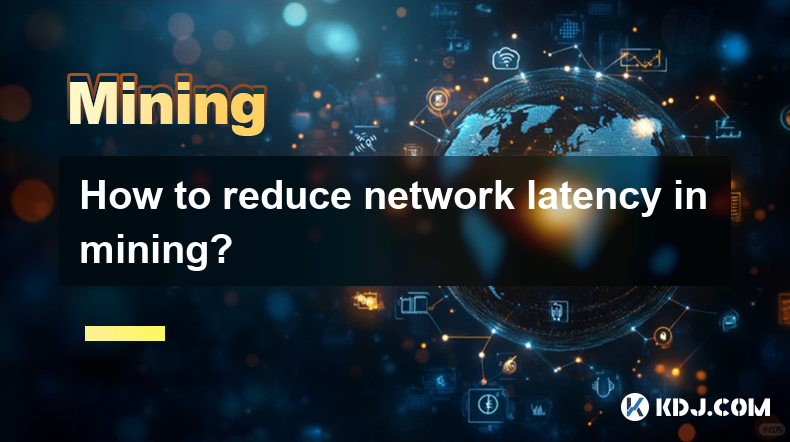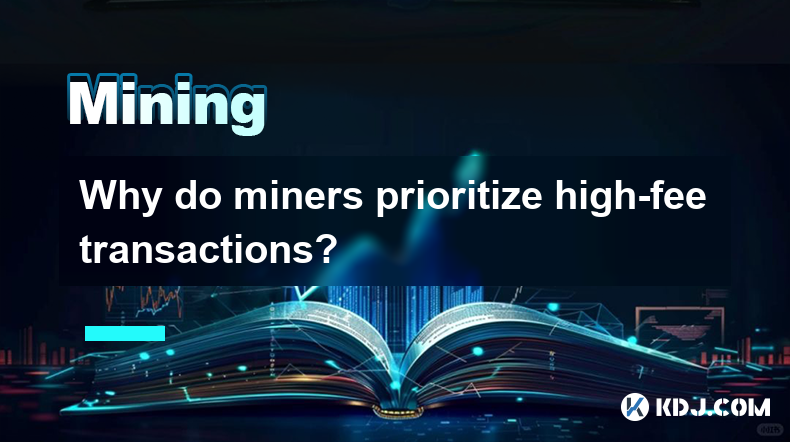-
 Bitcoin
Bitcoin $76,444.7530
-3.77% -
 Ethereum
Ethereum $1,473.8355
-5.46% -
 Tether USDt
Tether USDt $0.9991
-0.08% -
 XRP
XRP $1.7965
-5.51% -
 BNB
BNB $553.4919
-0.36% -
 USDC
USDC $0.9999
-0.02% -
 Solana
Solana $105.2981
-1.74% -
 TRON
TRON $0.2303
0.81% -
 Dogecoin
Dogecoin $0.1422
-4.62% -
 Cardano
Cardano $0.5587
-4.41% -
 UNUS SED LEO
UNUS SED LEO $8.9866
1.01% -
 Toncoin
Toncoin $2.9933
-4.74% -
 Chainlink
Chainlink $10.9113
-4.81% -
 Stellar
Stellar $0.2215
-4.76% -
 Avalanche
Avalanche $16.1163
-3.29% -
 Sui
Sui $1.9371
-3.89% -
 Shiba Inu
Shiba Inu $0.0...01065
-6.69% -
 Hedera
Hedera $0.1469
-3.29% -
 MANTRA
MANTRA $6.2058
-1.53% -
 Dai
Dai $1.0000
0.01% -
 Bitcoin Cash
Bitcoin Cash $269.3457
-2.08% -
 Polkadot
Polkadot $3.3773
-5.87% -
 Litecoin
Litecoin $69.2204
-2.50% -
 Ethena USDe
Ethena USDe $0.9986
-0.01% -
 Bitget Token
Bitget Token $4.0180
-3.25% -
 Pi
Pi $0.5649
-4.50% -
 Hyperliquid
Hyperliquid $11.1928
-2.80% -
 Monero
Monero $195.3885
-4.41% -
 OKB
OKB $50.9235
-0.59% -
 Uniswap
Uniswap $4.7688
-6.95%
Is it true that you can earn 2,000 yuan a day by mining?
Daily 2,000 yuan cryptocurrency mining profits are extremely rare, requiring substantial upfront investment in specialized hardware, low electricity costs, and defying intense competition and market volatility.
Mar 20, 2025 at 05:35 am

Key Points:
- The claim of earning 2,000 yuan daily from cryptocurrency mining is highly unlikely for most individuals.
- Profitability depends heavily on factors like cryptocurrency price, electricity costs, mining hardware, and network difficulty.
- Initial investment costs for mining equipment can be substantial.
- Competition in the mining space is fierce, reducing individual profit margins.
- Regulatory changes and market volatility significantly impact mining profitability.
Is it True That You Can Earn 2,000 Yuan a Day by Mining?
The prospect of earning 2,000 yuan (approximately $280 USD as of October 26, 2023) daily from cryptocurrency mining is a tempting one, but the reality is far more nuanced. While some large-scale mining operations might achieve such profits, it's exceptionally rare for individual miners. The claim needs careful examination considering the many variables involved.
Firstly, the profitability of cryptocurrency mining is directly tied to the price of the cryptocurrency being mined. If the price plummets, your earnings will plummet as well, regardless of your hashing power. A price drop could easily wipe out any potential for a 2,000 yuan daily profit. This inherent volatility is a major risk.
Secondly, electricity costs are a significant factor. Mining requires substantial energy consumption, and high electricity prices can drastically reduce, or even eliminate, profits. The cost of electricity varies dramatically across geographical locations, making mining profitable in some areas and unprofitable in others. A miner in a region with cheap hydroelectric power will have a significant advantage over one in an area with expensive electricity.
The type of mining hardware plays a crucial role. Application-Specific Integrated Circuits (ASICs) are designed specifically for cryptocurrency mining and offer significantly higher hashing power than general-purpose hardware like GPUs. However, ASICs are expensive to purchase upfront. The initial investment can be substantial, and the return on investment depends entirely on maintaining profitability over time, a factor far from guaranteed.
Furthermore, the difficulty of mining increases as more miners join the network. As more computing power is added to the network, the difficulty of solving the complex cryptographic puzzles required to mine a block increases proportionally, reducing the likelihood of individual miners earning significant rewards. This competitive landscape makes achieving consistent high daily profits extremely challenging.
Regulatory changes also significantly impact the mining landscape. Governments worldwide are increasingly regulating cryptocurrency mining, often focusing on energy consumption and environmental concerns. These regulations can lead to increased costs, operational restrictions, or even outright bans, affecting profitability.
Finally, the cryptocurrency market is inherently volatile. Sudden price swings, unexpected forks, and technological advancements can all drastically alter the profitability of mining operations. A seemingly profitable venture today could become unprofitable tomorrow due to unforeseen market shifts.
Step-by-Step Guide to Understanding Mining Profitability (Illustrative):
To assess potential earnings, consider these steps:
- Choose a cryptocurrency: Research different cryptocurrencies and their mining algorithms. Some are more profitable than others depending on market conditions and your hardware.
- Calculate your hashing power: Determine the combined hashing power of your mining hardware. This is crucial for estimating your potential share of mining rewards.
- Estimate electricity costs: Accurately calculate your electricity consumption and the cost per kilowatt-hour (kWh). This is a critical factor in determining profitability.
- Account for hardware costs: Include the initial investment in mining hardware, its depreciation over time, and potential maintenance expenses.
- Factor in network difficulty: Research the current network difficulty for the chosen cryptocurrency. A higher difficulty means lower chances of earning rewards.
- Monitor cryptocurrency price: Constantly monitor the price of the cryptocurrency you are mining. Price fluctuations directly impact your earnings.
Common Questions:
Q: Can I really make 2000 yuan a day mining Bitcoin?
A: Highly unlikely. Bitcoin mining requires massive amounts of computing power and energy, typically operated by large-scale mining farms, not individuals. The competition is fierce, and profit margins are thin for small-scale miners.
Q: What are the best cryptocurrencies to mine for profit?
A: This is highly dynamic and depends on many factors including hardware, electricity costs, and current market conditions. Research is crucial, and there's no single "best" cryptocurrency to mine consistently.
Q: What kind of equipment do I need to mine cryptocurrency?
A: For Bitcoin, you'll need specialized ASIC miners. For other cryptocurrencies, GPUs might suffice, but the efficiency varies greatly. The initial investment can be substantial.
Q: Are there any risks associated with cryptocurrency mining?
A: Yes, numerous risks exist, including high initial investment costs, volatile cryptocurrency prices, rising energy costs, increasing mining difficulty, and regulatory uncertainty.
Q: Is mining cryptocurrency environmentally friendly?
A: The energy consumption of cryptocurrency mining is a significant concern, leading to environmental debates. The environmental impact depends heavily on the energy sources used to power the mining operations.
Disclaimer:info@kdj.com
The information provided is not trading advice. kdj.com does not assume any responsibility for any investments made based on the information provided in this article. Cryptocurrencies are highly volatile and it is highly recommended that you invest with caution after thorough research!
If you believe that the content used on this website infringes your copyright, please contact us immediately (info@kdj.com) and we will delete it promptly.
- "Cardano (ADA) Price Could Dip Below $0.60, Following Previous Market Cycle"
- 2025-04-09 05:10:12
- BONK, the well-known meme coin, has risen over 35% in the last week, attracting meme coin investors in the market. So, what caused this rally?
- 2025-04-09 05:10:12
- Bitcoin (BTC) Investors May Not Exactly Feel It, but BTC Has Been a Relatively Good Bet
- 2025-04-09 05:05:12
- Donald's Bitcoin (DONBTC) Could Turn Early Investors into Multi-Millionaires, Like Shiba Inu (SHIB) and Dogecoin (DOGE) Did
- 2025-04-09 05:05:12
- 6 Upcoming Kraken Listings That Could Be the Next Big Thing in Crypto
- 2025-04-09 05:00:13
- COTI Unveils New Privacy-Focused Blockchain to Reshape Web3 Transactions
- 2025-04-09 05:00:13
Related knowledge

How to prevent mining machines from being hacked?
Apr 08,2025 at 09:00pm
In the world of cryptocurrency, mining machines play a crucial role in securing networks and validating transactions. However, these machines are also prime targets for hackers looking to exploit vulnerabilities for financial gain. Preventing mining machines from being hacked requires a multi-faceted approach that includes robust security measures, regu...

How much does electricity cost affect mining revenue?
Apr 08,2025 at 05:29pm
The cost of electricity plays a crucial role in determining the profitability of cryptocurrency mining. Mining revenue is directly impacted by the expenses incurred in running mining equipment, with electricity costs often being the most significant operational expense. Understanding how electricity costs affect mining revenue is essential for miners lo...

How to reduce network latency in mining?
Apr 09,2025 at 02:28am
Understanding Network Latency in MiningNetwork latency is a critical factor in the world of cryptocurrency mining. It refers to the time it takes for data to travel from its source to its destination across a network. In mining, lower latency can mean the difference between successfully adding a block to the blockchain and missing out on the reward. Red...

What is hashrate fluctuation?
Apr 08,2025 at 08:08pm
Hashrate fluctuation refers to the changes in the total computational power used by miners to process transactions and secure the blockchain network. This metric is crucial in the cryptocurrency world, particularly for networks like Bitcoin, Ethereum, and others that rely on proof-of-work (PoW) consensus mechanisms. Understanding hashrate fluctuation is...

Why does mining require a full node?
Apr 08,2025 at 06:49pm
Mining in the cryptocurrency world is a complex process that involves verifying transactions and adding them to the blockchain. One of the key components required for mining is a full node. But why is a full node necessary for mining? Let's delve into the reasons and explore the intricacies of this requirement. What is a Full Node?A full node is a progr...

Why do miners prioritize high-fee transactions?
Apr 08,2025 at 05:01pm
Miners in the cryptocurrency ecosystem, particularly in networks like Bitcoin, play a crucial role in validating and adding transactions to the blockchain. One of the key factors that influence their decision-making process is the transaction fee associated with each transaction. Miners prioritize high-fee transactions primarily because these fees direc...

How to prevent mining machines from being hacked?
Apr 08,2025 at 09:00pm
In the world of cryptocurrency, mining machines play a crucial role in securing networks and validating transactions. However, these machines are also prime targets for hackers looking to exploit vulnerabilities for financial gain. Preventing mining machines from being hacked requires a multi-faceted approach that includes robust security measures, regu...

How much does electricity cost affect mining revenue?
Apr 08,2025 at 05:29pm
The cost of electricity plays a crucial role in determining the profitability of cryptocurrency mining. Mining revenue is directly impacted by the expenses incurred in running mining equipment, with electricity costs often being the most significant operational expense. Understanding how electricity costs affect mining revenue is essential for miners lo...

How to reduce network latency in mining?
Apr 09,2025 at 02:28am
Understanding Network Latency in MiningNetwork latency is a critical factor in the world of cryptocurrency mining. It refers to the time it takes for data to travel from its source to its destination across a network. In mining, lower latency can mean the difference between successfully adding a block to the blockchain and missing out on the reward. Red...

What is hashrate fluctuation?
Apr 08,2025 at 08:08pm
Hashrate fluctuation refers to the changes in the total computational power used by miners to process transactions and secure the blockchain network. This metric is crucial in the cryptocurrency world, particularly for networks like Bitcoin, Ethereum, and others that rely on proof-of-work (PoW) consensus mechanisms. Understanding hashrate fluctuation is...

Why does mining require a full node?
Apr 08,2025 at 06:49pm
Mining in the cryptocurrency world is a complex process that involves verifying transactions and adding them to the blockchain. One of the key components required for mining is a full node. But why is a full node necessary for mining? Let's delve into the reasons and explore the intricacies of this requirement. What is a Full Node?A full node is a progr...

Why do miners prioritize high-fee transactions?
Apr 08,2025 at 05:01pm
Miners in the cryptocurrency ecosystem, particularly in networks like Bitcoin, play a crucial role in validating and adding transactions to the blockchain. One of the key factors that influence their decision-making process is the transaction fee associated with each transaction. Miners prioritize high-fee transactions primarily because these fees direc...
See all articles






















































































